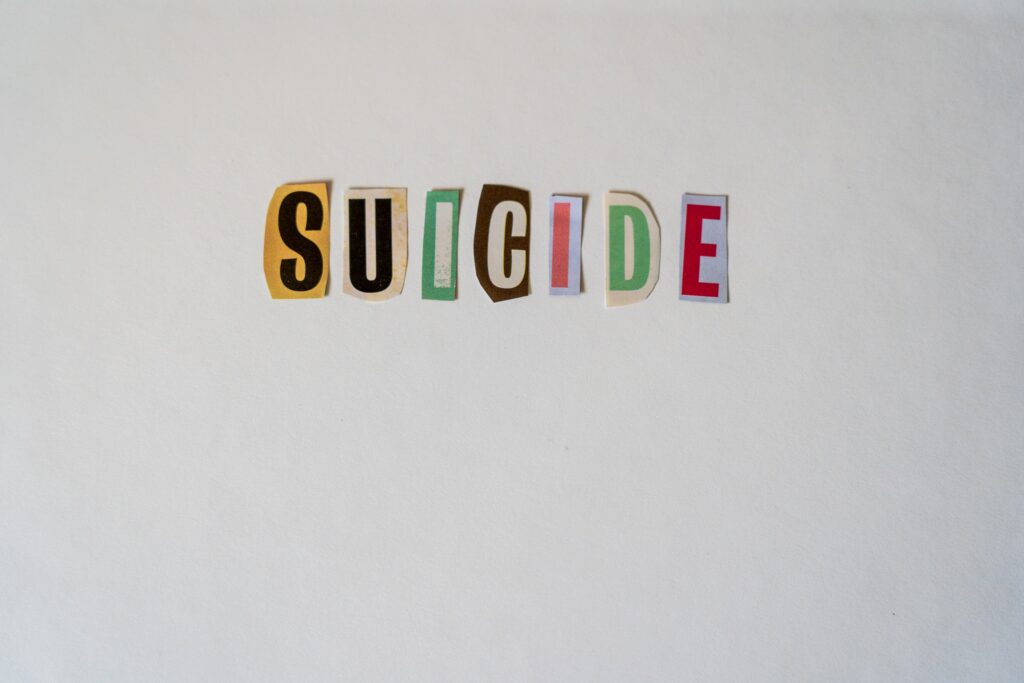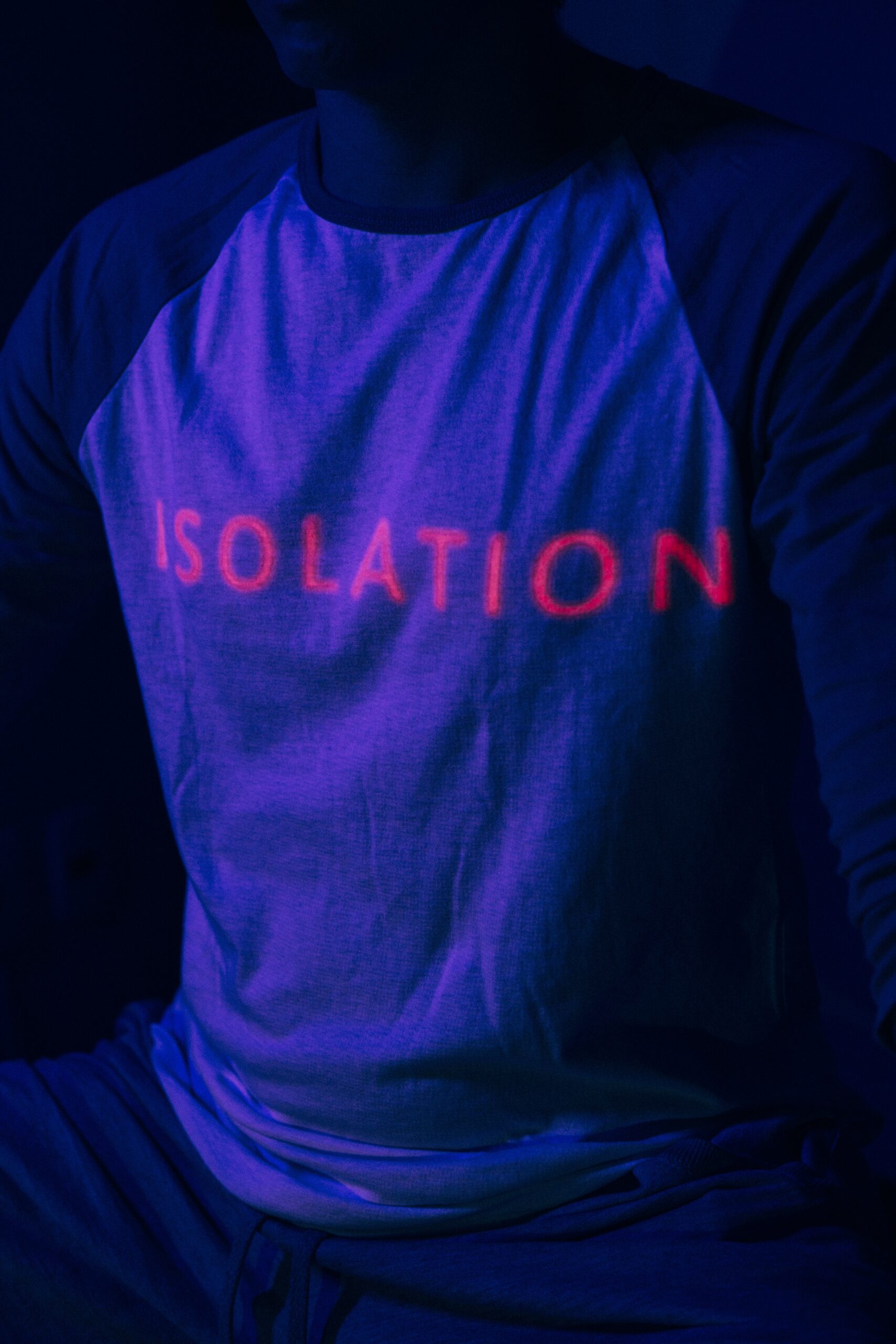10 Warning Signs Someone Is Suicidal

Writer’s note: Hey, Psych2Goers! This article isn’t meant for diagnosis or treatment. It is meant to create awareness among the general public, so if you or someone you know may be struggling, don’t hesitate to seek professional help from Psychiatrists or other trusted professionals.
Trigger warning: Information presented in this article discusses on suicide which may be triggering to some people. If you notice you or your loved ones exhibit such behaviour, please know there are helpful resources to support you.
Psych2goers, have you ever noticed that your close friend is behaving very strange recently? He is not his usual cheerful self. He has lost his job, and his fiancee breaks their engagement. You found that he resorts to increased alcohol consumption. When you invite him for a talk in the nearby cafe, he refuses to accept your invitation and would rather spend time at his home instead. In the last phone conversation with him, he talks about feeling empty and hopeless.
What is actually happening?
Your close friend may actually be feeling suicidal.
According to Centers for Disease Control and Prevention, suicide is regarded as a grave public health issue which causes permanent deleterious consequences on individuals, families, and communities. It is the 10th leading cause of death in the United States and was the cause for 47,500 deaths in 2019 (Centers for Disease Control and Prevention, n.d.).
So, Psych2goers, let’s all delve into the 10 warning signs someone is suicidal, shall we?
- Talking about dying or wanting to die
“Today is the first day of snow. Such a beautiful day to die,” your best friend said to you out of the blue, when you were hanging out with her in a coffee shop.
People who are suicidal would be talking about dying and expressing their intention to die. It can be as discreet as, “I just wish that I could die in my sleep,” or “These days, I often wish that I get a terminal disease.” Both of these indicate passive suicidal ideation, whereas people with active suicidal ideation express their intention more directly, like, “These days, I feel like I want to kill myself.”
2. Talking about feeling empty, hopeless, or having no way out of problems

“My heart feels so empty nowadays. No matter what I do, I can’t make myself forget the pain. There is no way out of this problem this time,” your spouse confides in you, one weekend morning.
People who are thinking to die by suicide have the feeling of emptiness. They feel they are merely living life by going through repeated cycles and motions. It’s a strange state where you feel that joy or love just penetrates through you without staying in your heart. Soon after, you notice that it is gone. You feel that you “existed” but never “alive”. You feel that whatever you do, you can never solve your problems.
3. Mentioning strong feelings of guilt and shame
“I feel so guilty towards my parents. I feel like I am a disgrace and a burden to them,” you read a Whatsapp status of your friend whose behaviour seems so different nowadays.
A person with suicidal thoughts will see the world through a negative lens. The individual will feel guilty over some minor issues. There is a continuous belief that one has been involved in doing bad things to people and one will continue to do the wrong thing even in the future. This persistent guilt and worry may also eventually cause feelings of shame and one may feel one becomes a burden to their closed ones (Cherry & Susman, 2021).
4. Talking about not having a reason to live or that others would be better off without them

You are sitting on a bench in a park near your home. An elderly lady sits beside you, greets you and suddenly opens up, “Dear, I feel like I have no reason to live anymore. My kids are better off without me.”
People who are in a condition of deep despair and want to end their lives, oftentimes feel that they no longer have a reason to continue their lives. They think that they are a burden to their closed ones and the latter would be better off without them. It feels like there is no longer hope that they can hold on to.
5. Social withdrawal and isolation
You receive a Whatsapp notification from the leader of your university batchmate. He posts the result of the previous examination. From the list, you note that your roommate has failed the examination and has to repeat it. When you arrive at your room, you go inside his cubicle and find that he is not there. You try calling him multiple times, but to no avail.
An individual who wants to die by suicide will experience social withdrawal and isolation. They will tend to avoid any interactions from their close friends or family members. People who are having mental health issues tend to avoid people and prefer to be alone, with no to little connection with others. Humans are social beings. Consequently, this action may further deteriorate their mental health and soon they may feel suicidal.
6. Giving away personal items and tying up loose ends

“Here, my son, take my watch that you like so much. Please know I always love you, okay?” your father utters these phrases to you, smiling, but with a melancholic voice.
When a person has made that decision to kill oneself, one feels at ease, it seems that death by one’s own hand is the “perfect solution” to end the pain. The individual may also try to give away their personal items and wrap up loose ends with their loved ones. It is as if the person wants to make their loved ones to be in less pain, when the time comes that they know that the individual dies by suicide. The intention is to leave “good memories” to their loved ones. Apart from that, they may make arrangements for someone to take care of their pets, or make wills for their loved ones.
7. Saying goodbye to friends and family
“Hey, I just wanna say, thank you for all the time that you spend with me. I appreciate it so much. You might not see me around anymore,” your best friend said this to you in a video call. There is a tinge of sadness.
When a person is resolved to die by suicide, they tend to say goodbye in strange ways. They are giving hints such as “not seeing me around anymore” or “nobody will ever realize if I never return”. They say this with hope that somebody can notice and save them.
8. Changes in sleeping patterns

You notice currently that your teenage child has trouble falling asleep. She remains awake at night and unable to fall asleep.
According to a research by Stanford University School of Medicine published in the Journal of Clinical Psychiatry, young adults who experience sleep problems are at risk for suicide. This study involves 50 young adults, ages 18-23, who had a previous attempt of suicide or recent suicidal ideation. Objective assessments on their sleep were done for a week, in which their wrist movements while asleep or trying to sleep were measured using watchlike devices containing an accelerometer. Then they were asked to answer questionnaires to measure the severity of their suicidal symptoms, insomnia, nightmares, depression, and alcohol use at the beginning of the research, and seven and 21 days later. The result revealed that the participants who experience high variable sleep patterns reported more insomnia and nightmares, and they also independently predicted more suicidal behaviours (Digitale, 2017).
9. Accessing lethal means
You are spending the weekend at your brother’s house. When you use his bathroom, you find a bottle filled with sleeping pills in your brother’s house.
This is another warning sign of suicide. They may try to gain access to lethal means such as medicines or firearms as their method to die by suicide.
10. Increasing the use of alcohol or drugs

Your sister has a bad breakup from her significant other. You decide to accompany her for a few days during her grieving period. During your stay, you notice that she has increased use of alcohol.
A few studies were conducted to investigate the relationship between alcohol and drug use and suicidal behaviour. According to a review of minimum-age drinking laws and suicides among youths age 18 to 20, there is an association between lower minimum-age drinking laws and higher youth suicide rates. Apart from that, another survey reveals that individuals with a previous suicide attempt were more likely to have had a depressive disorder, and many also had an alcohol and/or substance abuse disorder.
Final thoughts
In general, untreated or undiagnosed mental health issues may pose a suicidal risk to the sufferers. Therefore, it is important to take note of these warning signs seriously and to receive urgent care. If you find yourself or your loved ones exhibit such signs, please do reach out to a mental health professional for help. You can also contact the following suicide hotlines:
America: 1-800-273-TALK (8255)
Canada: 1-866-531-2600
Australia: 13 11 14
United Kingdom: +44 (0) 8457 90 90 90
Malaysia: 03-76272929
Beijing: 0800-810-1117
Hong Kong: +852 28 960 000
Japan/Tokyo: 81 (0) 3 5286 9090
Brazil: 55 11 31514109 or (91) 3223-0074
Mexico: 9453777
Germany: 0800 111 0 111
Russia: (495) 625 3101
India: 91-22-27546669
Iran: 1480
South Africa: 0800 12 13 14
REFERENCES
Centers for Disease Control and Prevention. (2021, March 1). Suicide prevention. Centers for Disease Control and Prevention. https://www.cdc.gov/suicide/index.html.
Cherry, K., &; Susman, D. (2021, May 2). What is a guilt complex? Verywell Mind. https://www.verywellmind.com/guilt-complex-definition-symptoms-traits-causes-treatment-5115946.
(DCD), D. C. D. (2016, May 13). Does alcohol and other drug abuse increase the risk for suicide? HHS.gov. https://www.hhs.gov/answers/mental-health-and-substance-abuse/does-alcohol-increase-risk-of-suicide/index.html.
Digitale, E. (2017, June 28). Sleep disturbances predict increased risk for suicidal symptoms, study finds. Stanford University . https://med.stanford.edu/news/all-news/2017/06/sleep-disturbances-predict-increased-risk-for-suicidal-symptoms.html#:~:text=and%20maternal%20health-,Sleep%20disturbances%20predict%20increased%20risk%20for%20suicidal%20symptoms%2C%20study%20finds,study%20from%20Stanford%20has%20found.








Responses